Feeling Low? Need To Chat?
Text LA519 To 50808
Feeling Low? Need To Talk?
Call 1800 247 247 – Pieta House
Feeling Low? Need To Talk?
Call 116 123 – Samaritans
The number of people we have facilitated QPR training for since we started on August 26th 2021.
Target number: 6,000 people in Co. Monaghan and 6,000 people in Co. Cavan = 12,000 people total
When LA519 was originally set up, we were not 100% sure what direction it would go in but all we knew was, we wanted to help. When we came across the benefits and potential of QPR training, we saw it as a perfect opportunity for us to facilitate in getting this powerful tool to schools, clubs and other groups who were willing to undertake it. We want to use the donations we receive, to provide this training for groups so suicide warning signs are more likely to be detected and intervened in the correct manner.
QPR stands for Question, Persuade, and Refer — the 3 simple steps anyone can learn to help save a life from suicide. Just as people trained in CPR and the Heimlich Maneuver help save thousands of lives each year, people trained in QPR learn how to recognize the warning signs of a suicide crisis and how to question, persuade, and refer someone to help. Each year thousands of people, like you, are saying “Yes” to saving the life of a friend, colleague, sibling, or neighbour. QPR can be learned in our Gatekeeper course in as little as one hour.
Both are interventions. Much of the world is familiar with CPR — short for cardiopulmonary resuscitation — an emergency medical intervention created in 1957 by Peter Safar. The process is designed to stabilize people who aren’t breathing or breathing intermittently and who may be in cardiac arrest until the person can reach a hospital or other care.
Similarly, QPR is an an emergency mental health intervention for suicidal persons created in 1995 by Paul Quinnett. An abbreviation for Question, Persuade and Refer, the intent is also to identify and interrupt the crisis and direct that person to the proper care. Both are part of a “Chain of Survival”: Both CPR and QPR are part of systems designed to increase the chance of survival in the event of a crisis.

Recognise the warning signs of suicide
Know how to offer hope
Know how to get help and save a life
We cannot overemphasise the need for early recognition of suicide warning signs. A well-executed, strong and positive response to the early warning signs of a pending suicide event may render subsequent links in the Chain of Survival unnecessary. Most people thinking about suicide are suffering from an undiagnosed and/or untreated mental illness or substance abuse disorder for which excellent treatments exist.
The prompt recognition of the scream of a smoke detector can eliminate the need to suppress a raging fire. In just that way, by recognising early the warning signs of suicide, opening a supporting dialogue with a suicidal person and securing consultation a professional may prevent the need for an emergency room visit or psychiatric hospitalisation.

In QPR the general public is educated about the known warning signs of a suicidal crisis - expressions of hopelessness, depression, giving away prized possessions, talking of suicide, and securing lethal means – and how to respond.
QPR is an international accredited and evidence based programme. Sign your club/Community or Organisation up today to bring QPR to your area with no cost to you.

LA519 represents Luke’s initials and the month and year he died. Barry and Deirdre want Luke’s legacy to make a difference and help those that need it.
Disclaimer: If you are seeking diagnosis or treatment for a mental health problem, you should consult your GP or a Mental Health professional. The information on our social media and website is NOT a substitute for proper diagnosis, treatment or the provision of advice by an appropriate health care professional.
© Copyright 2024 LA519 | All Rights Reserved